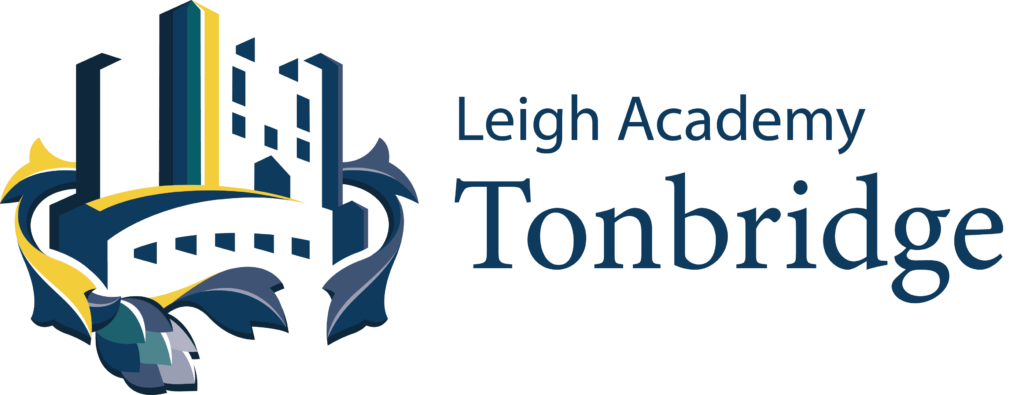- Module 1: Changes 1- The Earth
- Module 2: Relationships 1- Elements, compounds and mixture
- Module 3: Changes 2-Cellular basis of life
- Module 4: System 1- Organisation
- Module 5: Relationships 2- Forces on the Earth and beyond
- Module 6: System 2- Space exploration
SCIENCE
Science is a fascinating subject that enables students to develop their understanding of their bodies and the importance of keeping fit and healthy to how the wider world around them works. Studying Biology, Physics and Chemistry can lead to a multitude of careers including psychology, medicine, sport and exercise and pharmacology.


